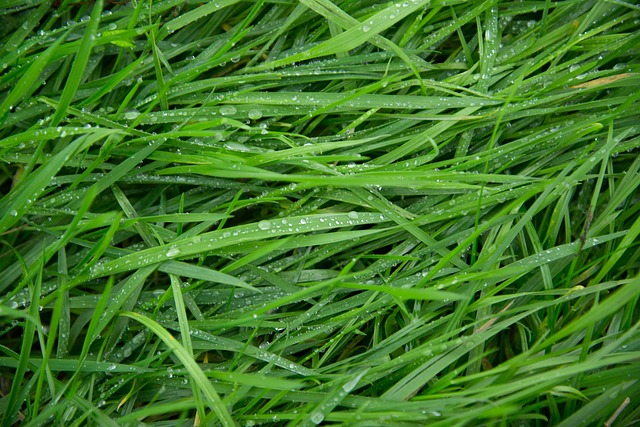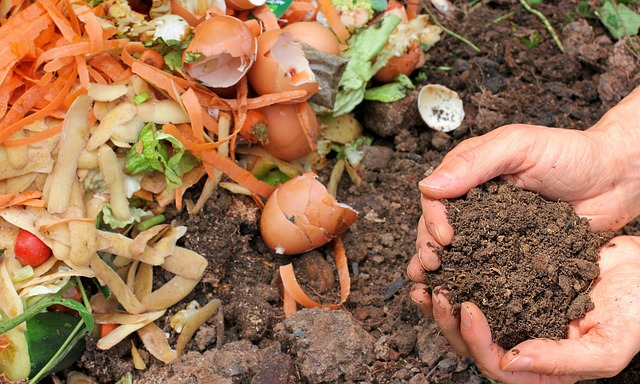With environmental consciousness on the rise, many homeowners are seeking ways to make their living spaces more eco-friendly. One area that often gets overlooked but holds immense potential for sustainability is the backyard. By adopting eco-friendly practices in your outdoor space, you not only contribute to a healthier planet but also create a tranquil and sustainable haven for yourself and your family. In this blog post, we’ll explore a range of eco-friendly practices and sustainable solutions that you can implement in your backyard.
1. Organic Gardening
One of the fundamental pillars of a sustainable backyard is organic gardening. Instead of relying on chemical pesticides and fertilizers that can harm the environment, opt for natural alternatives. Use compost made from kitchen scraps and yard waste to enrich your soil and provide nutrients to your plants. Embrace companion planting to deter pests and promote biodiversity. Incorporate native plants that are adapted to your region’s climate, reducing the need for excessive watering and maintenance.
2. Water Conservation
Water is a precious resource, and conserving it should be a priority in every sustainable backyard. Install a rainwater harvesting system to collect runoff from your roof and gutters. Use mulch around plants to retain moisture in the soil and reduce evaporation. Invest in drip irrigation systems that deliver water directly to the roots, minimizing waste. Choose drought-tolerant plants that require less watering, especially during dry spells. Consider installing a greywater recycling system to reuse water from sinks, showers, and laundry for irrigation purposes.
3. Energy-Efficient Lighting
Outdoor lighting can enhance the ambiance of your backyard, but traditional lighting solutions often consume a significant amount of energy. Opt for energy-efficient LED lights that use less electricity and have a longer lifespan. Install motion sensors or timers to control when lights are in use, reducing unnecessary energy consumption. Solar-powered lights are another eco-friendly option that harnesses renewable energy from the sun.
4. Sustainable Landscaping
When designing your backyard, prioritize sustainable landscaping practices that minimize environmental impact. Use permeable materials for pathways and patios to allow rainwater to infiltrate the soil instead of creating runoff. Incorporate native plants and grasses that require less water and maintenance compared to non-native species. Create wildlife habitats by adding bird feeders, bee-friendly plants, and insect hotels to promote biodiversity and ecological balance.
5. Chemical-Free Pest Control
Avoid chemical pesticides and herbicides that can harm beneficial insects, wildlife, and water sources. Instead, opt for natural pest control methods such as companion planting, beneficial insect habitats, and organic pest repellents like neem oil or garlic spray. Encourage natural predators like birds, ladybugs, and praying mantises to keep pest populations in check.
6. Sustainable Materials
When building or renovating structures in your backyard, choose sustainable materials that have minimal environmental impact. Opt for reclaimed wood, recycled plastic lumber, or FSC-certified wood for decking, fences, and furniture. Use eco-friendly finishes and sealants that are low in volatile organic compounds (VOCs) to minimize air pollution.
7. Wildlife Preservation
Creating a sustainable backyard goes beyond human-centric practices; it also involves preserving and supporting local wildlife. Provide shelter, food, and water sources for birds, butterflies, bees, and other beneficial creatures. Avoid using bird netting that can harm birds and instead opt for bird-friendly deterrents. Plant native flowering plants that attract pollinators and contribute to the ecosystem’s health.
Transforming your backyard into a sustainable oasis is not only beneficial for the environment but also enhances your quality of life. By adopting eco-friendly practices such as organic gardening, water conservation, energy-efficient lighting, sustainable landscaping, chemical-free pest control, using sustainable materials, and supporting wildlife preservation, you can create a greener and more sustainable outdoor space. Start small, make gradual changes, and enjoy the rewards of a healthier planet and a harmonious backyard ecosystem.






